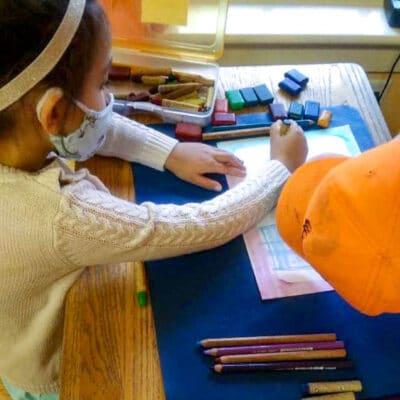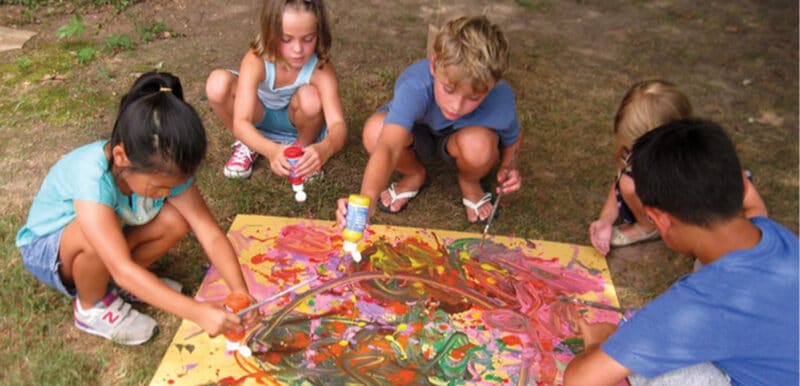ARTICLES ON EDUCATION | THINGS TO DO | SERVICE PROVIDERS | GO-TO GUIDE DIRECTORY
Schools and EDUCATION in charlottesville
Schools and Education in Charlottesville Virginia are exceptionally good. We know all children learn in their own unique ways, and we are thankful to have so many incredible schools and resources in the Charlottesville and Albemarle County area to help each student reach his or her full potential. From toddlers to teenagers, there is a place for everyone to foster a love of learning. The greater Charlottesville area has high-rated public schools and many wonderful private schools too. From daycare to preschool, elementary and middle school to high school and college prep there are a wide array of school choices for Charlottesville and Albemarle families. Daycare and preschool education options include church schools, co-ops, Montessori schools, Waldorf educations and more.
Learning goes beyond the classroom for Charlottesville families. Students often take music lessons, learn sports, study art, learn computer programming, do science and math competitions, learn a foreign language and brush up on skills with specialized tutors and much more. Read on to find local education resources, learning at home ideas, tips for fostering your kid’s learning, book recommendations, tutors and more. Plus, view a list of just some of the excellent schools options in the Charlottesville, Virginia area.
LIVE. LOVE. BUY LOCAL
We are proud to have the support of the best independently-owned businesses throughout the area, from tutors and private schools to education specialists. Daycares, preschools, tutoring centers, gifted educations, speech language therapy, language learning, private schools, special needs education and all sorts of education programs are available. You can find here all the local experts in Charlottesville Virginia Schools and Education. Live locally by supporting our local partners.
ULTIMATE GO-TO GUIDE TO EDUCATION
Looking for Schools and Education in Charlottesville Virginia? A local Education professional, tutor kids class, specialty lessons or summer camp in the Charlottesville-Albemarle area? Click a topic below to view our Resource Directory to find Schools and Education in Charlottesville Virginia as well as other providers for your family.
GO-TO GUIDE: EDUCATION










































